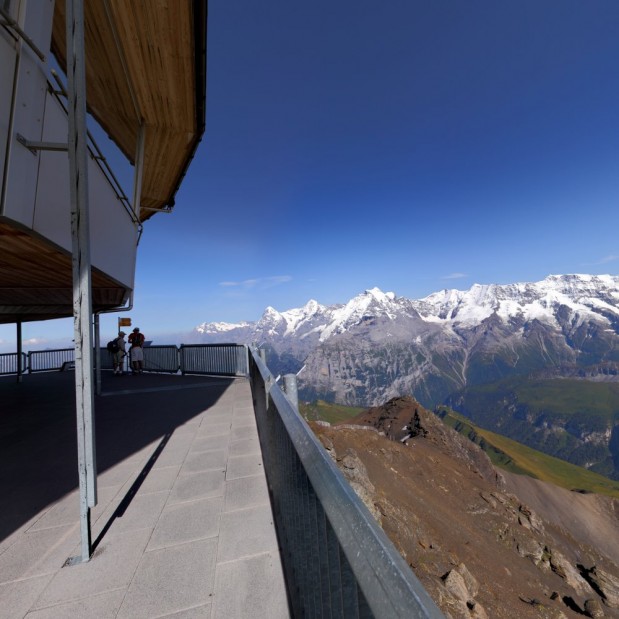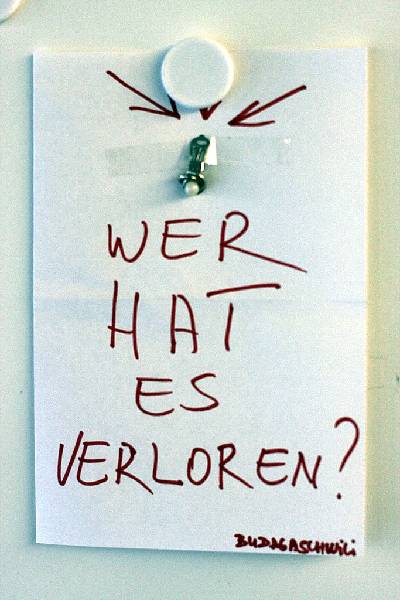Our website has gone very quiet lately, mainly due to being extremely busy. For those of you who are wondering, we still are alive and well and still are in South Africa.
In general, living in South Africa is like living in any other developed country with reasonable good road infrastructure, good housing, shopping malls, telephone, etc. It would be easy to forget that one is actually living in Africa.
Now and then, you get reminded of this fact when reading the local newspaper with stories about a witch being killed by her fellow villagers, a chieftainess being killed because the village does not agree with having a female leader or a four-year old being killed by a traditional healer to ensure a successful hairdresser business. Of course, you also learn about some of the local Xhosa traditions such as the initiation rituals or boys stick fighting.
It is amazing to think that all those stories happen so nearby and you are not really aware of it on a day-to-day basis. However, we are also reminded about the fact that we are living in Africa every time recently we have electricity cuts. This happens on almost a daily basis, often for several hours at a time. Much of this is due to “load shedding” as there is not enough electricity to go around, so the power company turns of different parts of the country at different times. It would not be that bad if it would be announced when such cuts would happen, but the power company, Eskom, and the city, who send us the bill, cannot agree on who should inform the public so nobody knows when the cuts will strike. What we do know is that the problem is not going away anytime soon. In fact, it has become such a normal event that people hardly react when it happens. The other day I was in a business meeting when the electricity, and therefore the lights, projector and airconditioning, went of. People just continued to talk as if nothing has happened as it is such a common occurrence. Similarly, you learn to live with it at home.
A few weeks ago, the electricity outage caused our ADSL Internet connection to go down … and stay down for 8 days! The local telecommunications monopoly, Telkom, had many issues countrywide resulting in waiting times of up to two hours for phone support. The people providing the support often did not know what was happening and our ticket was closed automatically after a few days, even though the problem was not solved! Mind you, for all of this, we are paying among the highest ADSL prices in the world for very poor speed.
So, yes, we still are living in Africa …

















